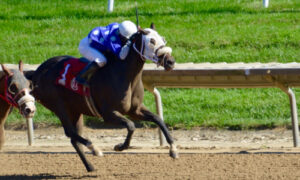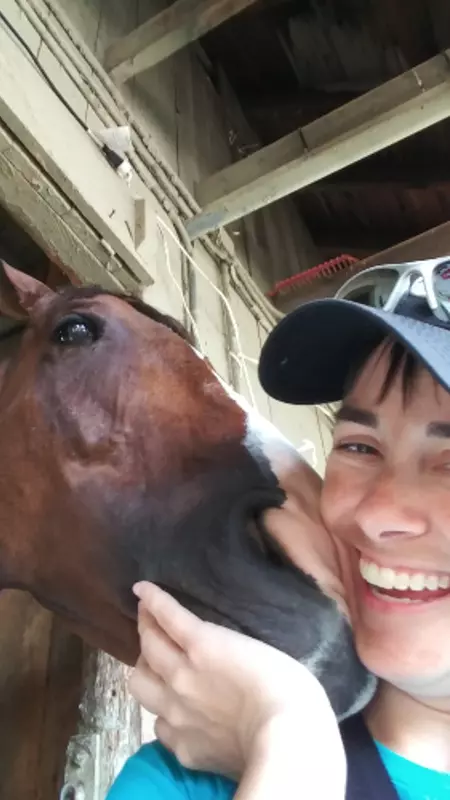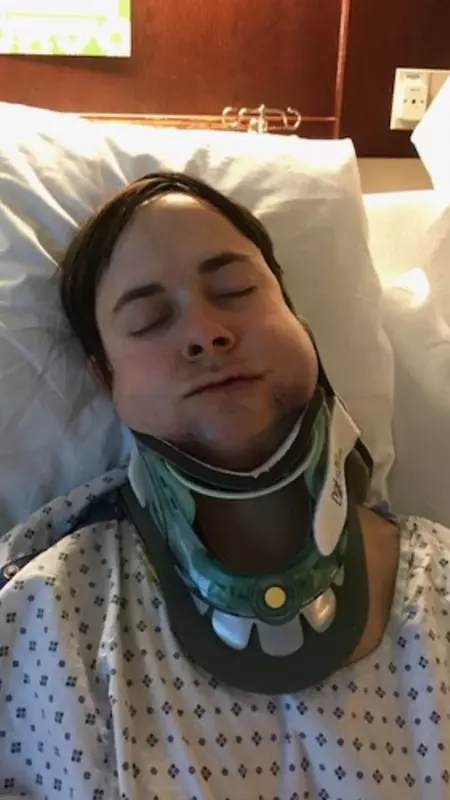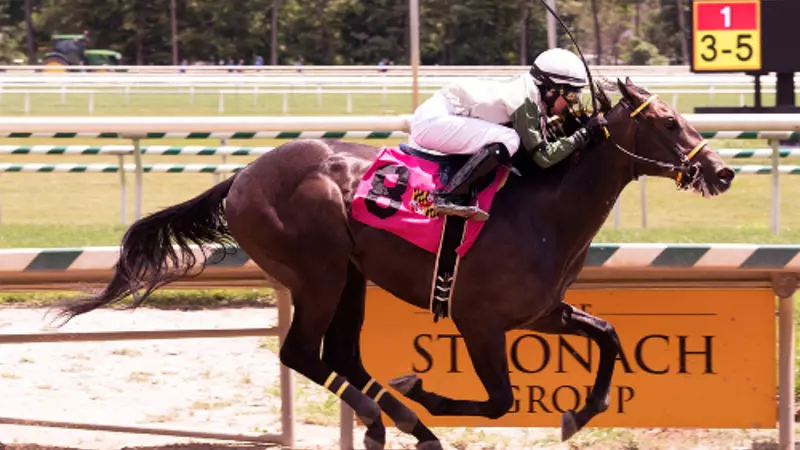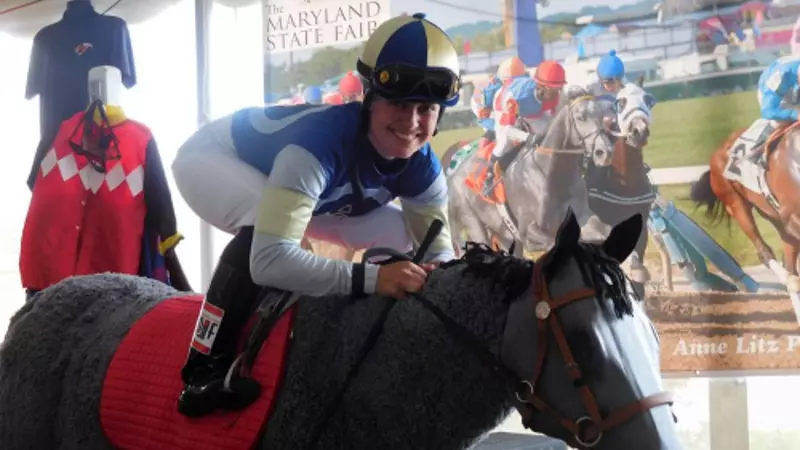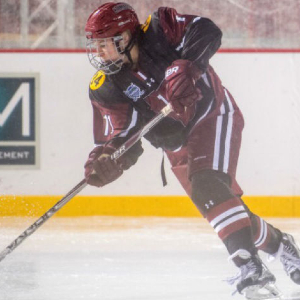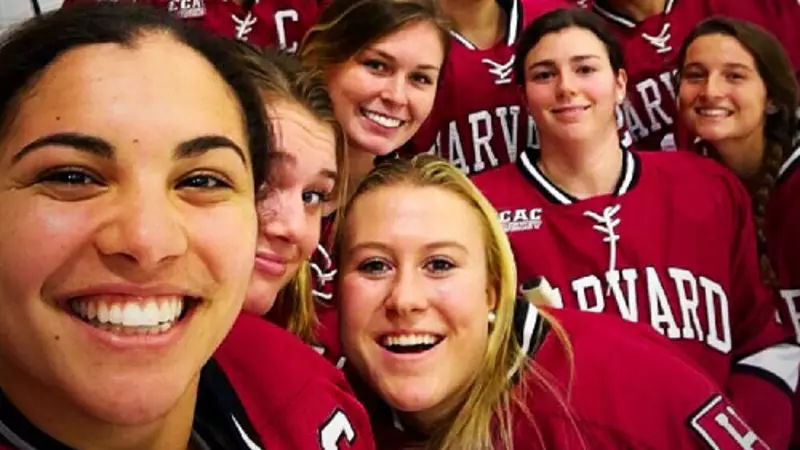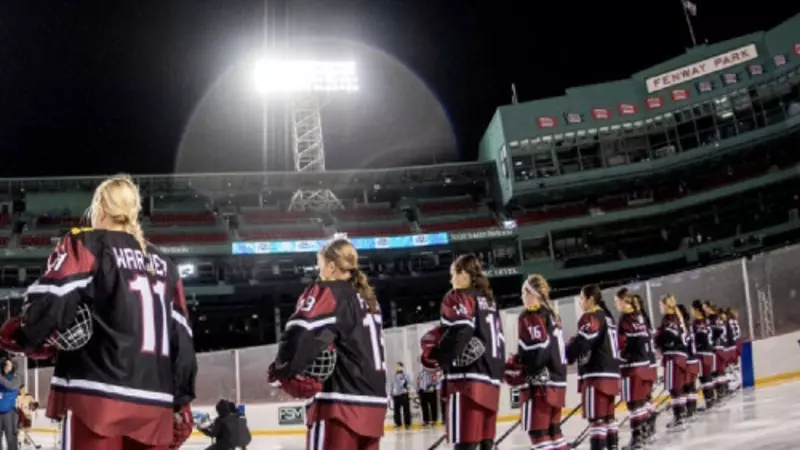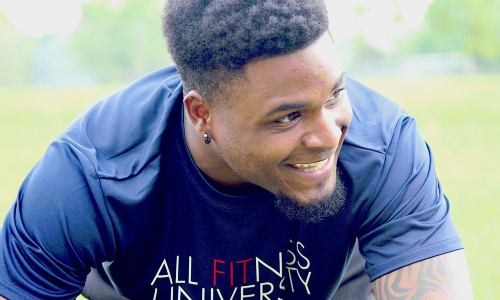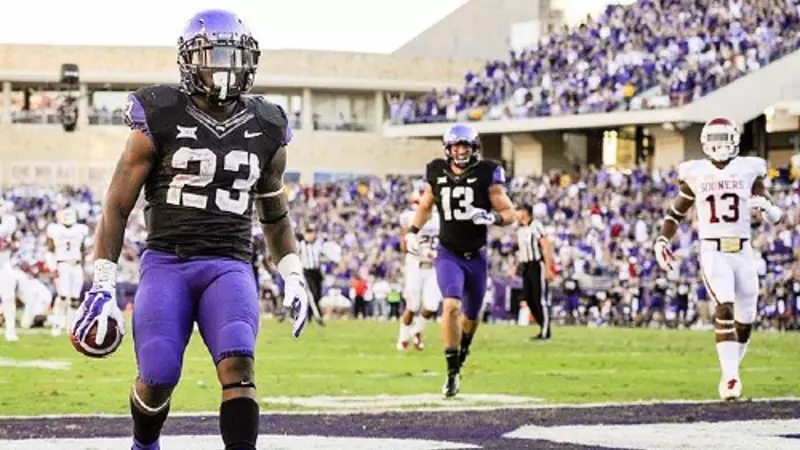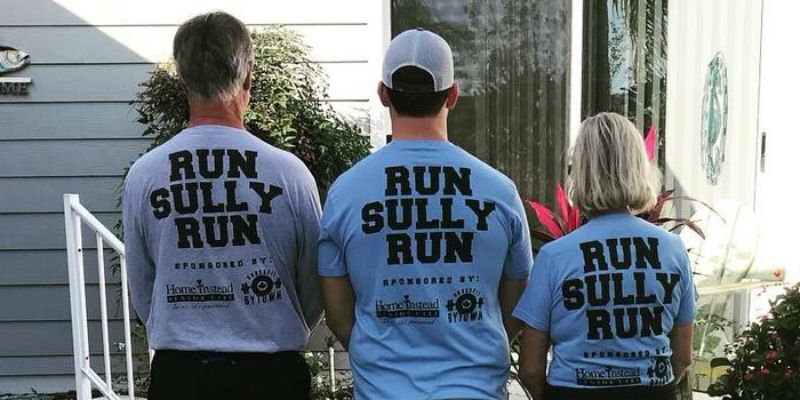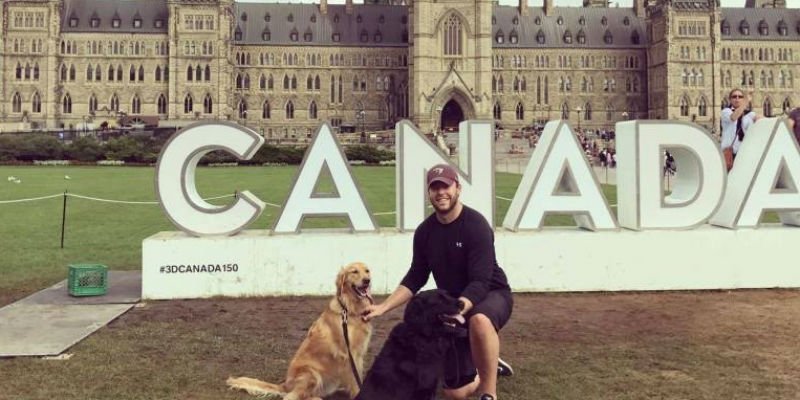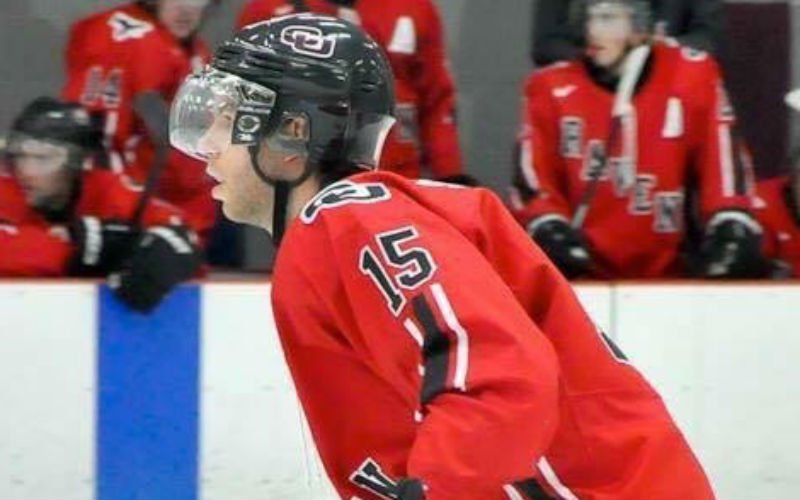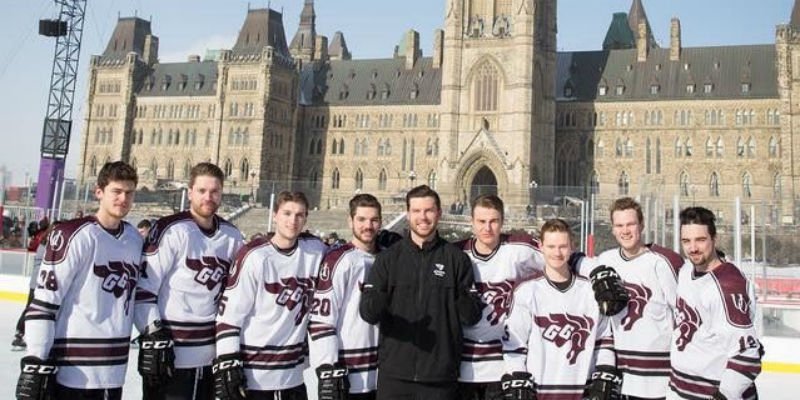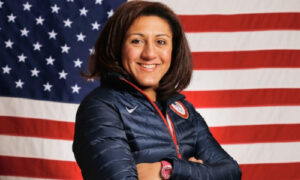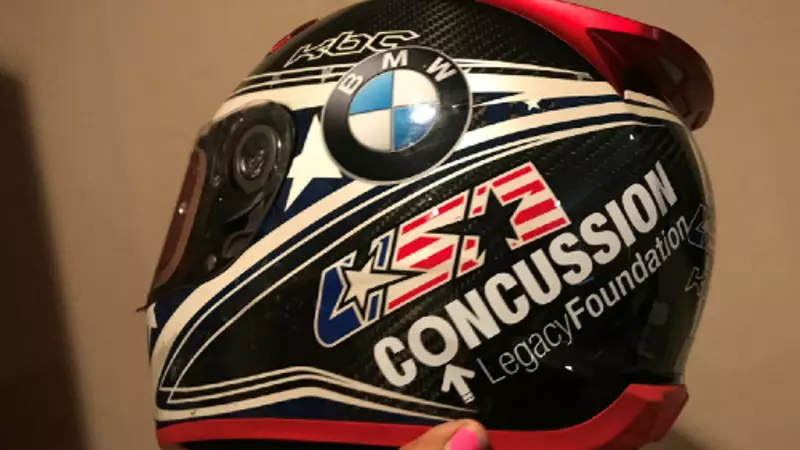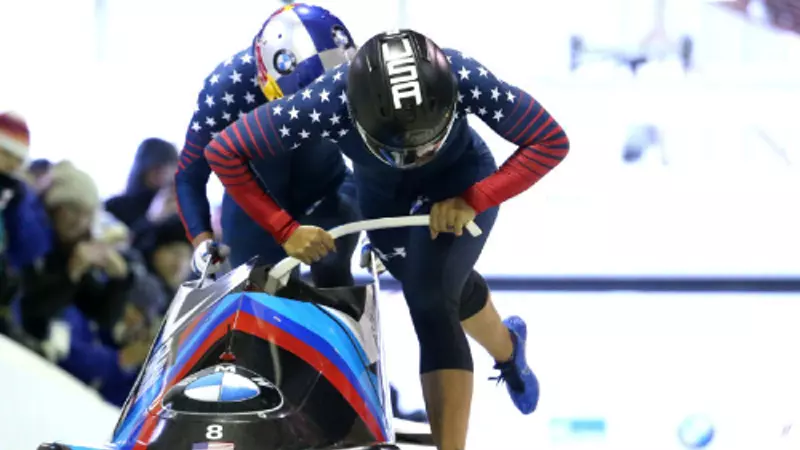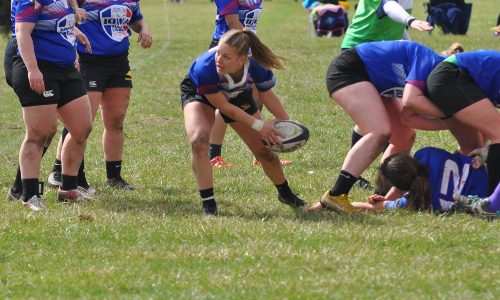
Posted: September 10, 2019
The University of Northern Iowa junior and her teammates have a unique understanding of the value of concussion safety. Current UNI women’s rugby head coach Meghan Flanigan makes it a priority to educate her athletes on brain trauma and concussions, to honor the program’s former longtime coach Steve Murra. Murra passed away in 2016 and was later diagnosed by researchers at the VA-BU-CLF Brain Bank with Stage II CTE.
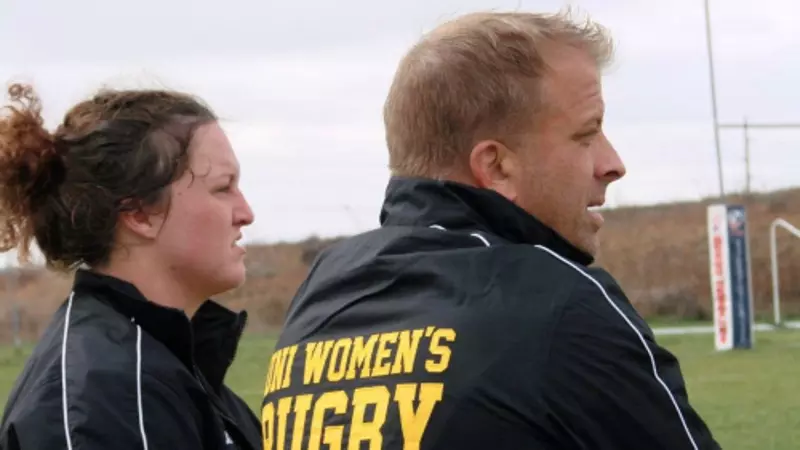
Murra’s passing started a lasting conversation about concussions and brain trauma within the eastern Iowa community. Flanigan, who played for Murra, says the team aims to continue his legacy by doing more than just playing excellent rugby. Many athletes on the team pledged to donate their brains for research at the VA-BU-CLF Brain Bank and have delivered the Team Up Speak Up Speech each year since 2016.
After learning about Murra’s passing when she joined the team her freshman year, Kleyer worked to gain a stronger understanding of concussions and CTE.
“In high school I didn’t really think concussions were a big deal,” Kleyer said. “Knowing the signs and symptoms of a concussion definitely has opened my eyes to seeing what I need to do to take care of my body.”
During a 2018 all-star rugby game, Kleyer put her knowledge into practice. She noticed her teammate took a hard hit to the head. When asked if she felt alright, Kleyer’s teammate was quick to say she was fine, but Kleyer kept a watchful eye on her friend as they continued the match. A few plays later, her teammate took another bad hit.
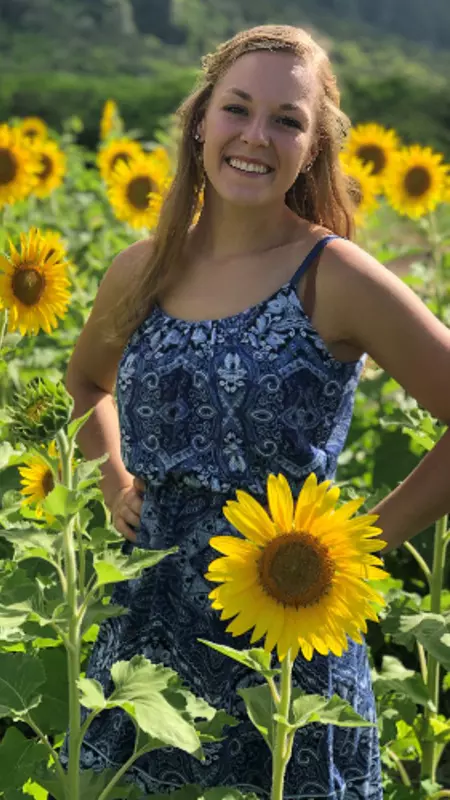
“I could definitely tell right away something was up and she wasn’t doing OK,” Kleyer said.
She noticed her teammate was getting up much slower than usual.
“Our ‘thing’ as a team is to push each other if we are ever winded,” Kleyer said. “We’ll say, ‘get up! You’re OK!’”
In this situation, though, she could tell her teammate was suffering from something more serious than fatigue. Kleyer told fellow teammates to help her injured friend as she brought the situation to Coach Flanigan’s attention.
“I was talking to some other coaches trying to form a game plan when I heard the ref’s whistle blow,” Flanigan said. “I heard Kleyer screaming my name and saw her talking to the refs.”
The injured player was brought off the field and evaluated. Doctors eventually diagnosed her with a concussion. Kleyer made sure to check up on her daily during her recovery as she sat out from classes and practice.
The best teammates, like Kleyer, care more about the health and wellbeing of their teammates than they do about winning or losing. If it weren’t for Kleyer’s leadership, her teammate could’ve continued to play and risked developing serious health consequences like Post-Concussion Syndrome (PCS), or even Second Impact Syndrome (SIS), a rare condition that is often fatal when it occurs.
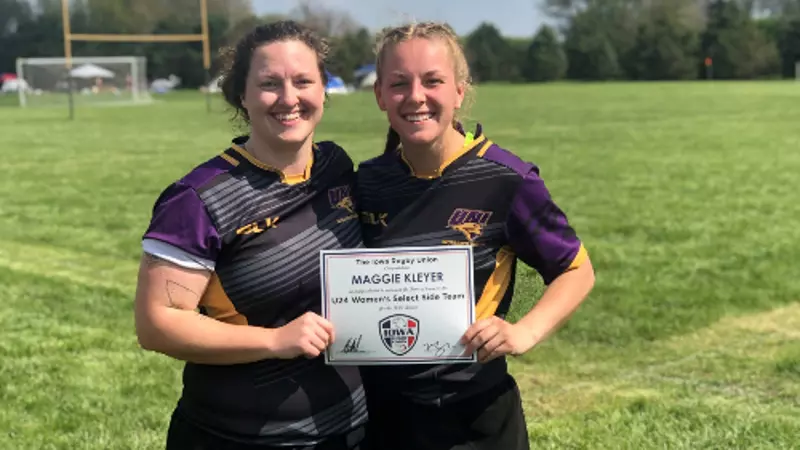
By working with the team’s Athletic Trainer and following their return to play protocol, Kleyer’s teammate was able to take the field again later that season.
“Had we not been proactive in saying something she could’ve been out a lot longer,” Kleyer said. “She was able to continue playing later on…that gave me happiness.”
Coach Flanigan says all her players take concussions very seriously, but especially Kleyer.
“Every year she is one of the first to inform the girls what a concussion is,” Flanigan said. “What we can do as a team, what to look for.”
Coach Flanigan wasn’t surprised it was Kleyer who stopped the game to get her teammate help, describing Kleyer as having a “natural ability to lead people on and off the field.”
Watch the University of Northern Iowa Women’s rugby team give the Team Up Against Concussions Speech:
Two of Kleyer’s own personal role models, Alev Kelter and Kate Zackary, are members of USA Rugby Women’s Eagles Sevens team. The Concussion Legacy Foundation is proud to partner with USA Rugby for the first ever USA Rugby Team Up Speak Up Week Sept. 8- 14, 2019. Members of the USA Rugby community can pledge to participate and learn more here.
Teams from every sport can participate in Team Up Against Concussions. Get started here.





